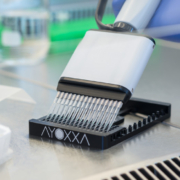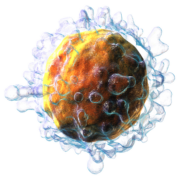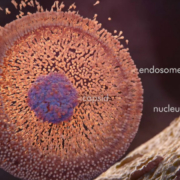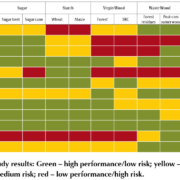Unitary Patent:?Ingve Stjerna, plaintiff before the Federal Constitutional Court, argues that the UPC system does not deliver on its promise to make European patents cheaper and more affordable to Small and Medium-sized Enterprises (SMEs). European Biotechnology asked José Pfizer, Head of Intellectual Property at 4SC AG, to address the issue from the perspective of a German SME.
ADVERTISEMENT
Belgian nanobody producer Ablynx closes an initial public offering of American Depositary Shares at Nasdaq totalling US$200m plus a fully exercised greenshoe option amounting aggregate gross proceeds to US$230.
The world’s largest event for pharma professionals, CPHI worldwide, will see an expansion to the rapidly-growing field of biologics next year in Madrid
AYOXXA’s LUNARIS platform:?In a case study "Translational proteomics: a new perspective for
ophthalmology research, Ayoxxa gives insights into the capabilities of its Lunaris multiplex protein
analysis platform.
US biotech company Regeneron Pharmaceuticals revealed plans to create some 300 new jobs in Ireland’s Limerick County. The jobs form part of a US$100m (€85m) expansion plan for the company’s campus there.
Portuguese biotech company Immunethep has convinced the Bill & Melinda Gates Foundation to hand out a grant to test its antibody against the bacterial extracellular virulence factor GAPDH.
French and British scientists have revealed insight into how a critical immune regulatory pathway contributes to the development of multiple sclerosis (MS), potentially paving the way toward future immunotherapies for the debilitating condition.
Dutch Uniqure BV launched a public offering of five million shares of common stock. Underwriters over-allotment will be an additional 750,000 shares.
Today, there are greater expectations among healthcare providers for engagement with life sciences companies to be digital. For life sciences companies, there is significant potential to leverage digital technologies to reach more HCPs.
A comprehensive sustainability assessment carried out by Cologne-based nova-Institute shows that first and second-generation bioethanol is feasible for the EU’s climate strategy.
The study challenges the tank or table credo of many EU policymakers, which claims biofuels are unsustainable because they use arable land and thus compete with food production.











